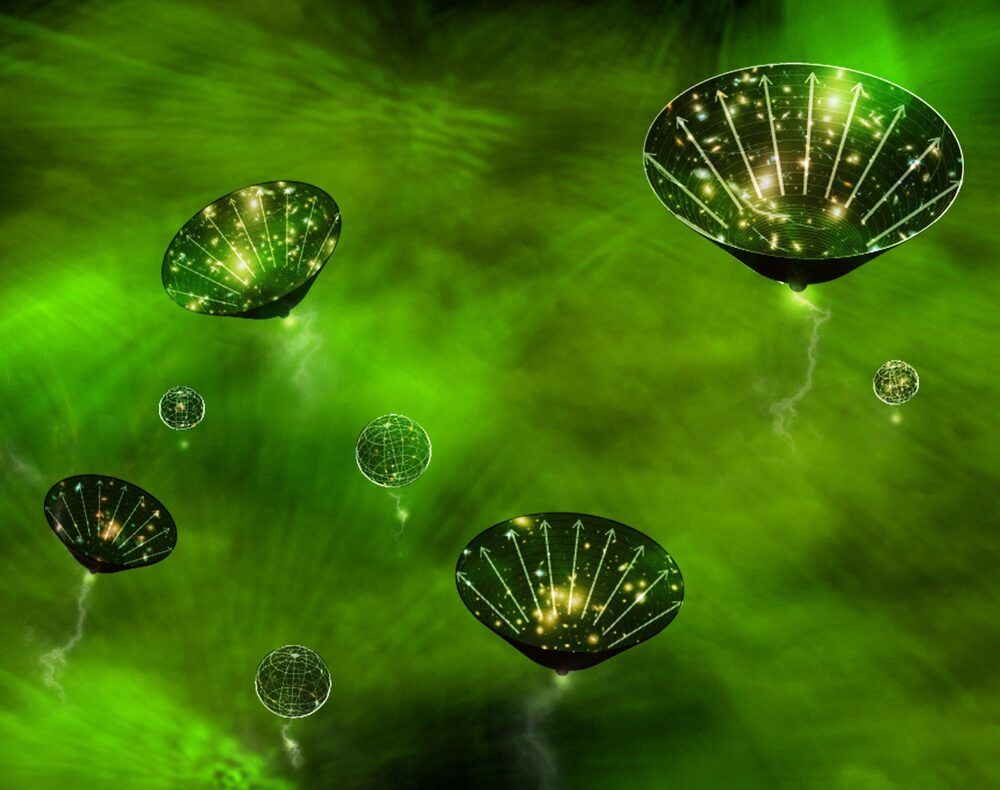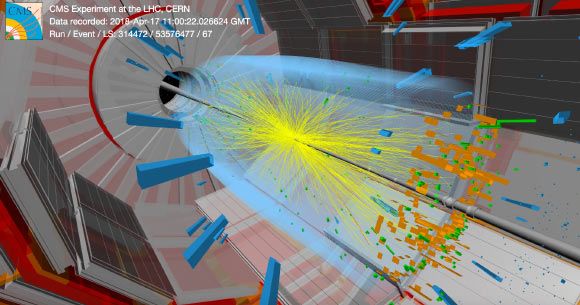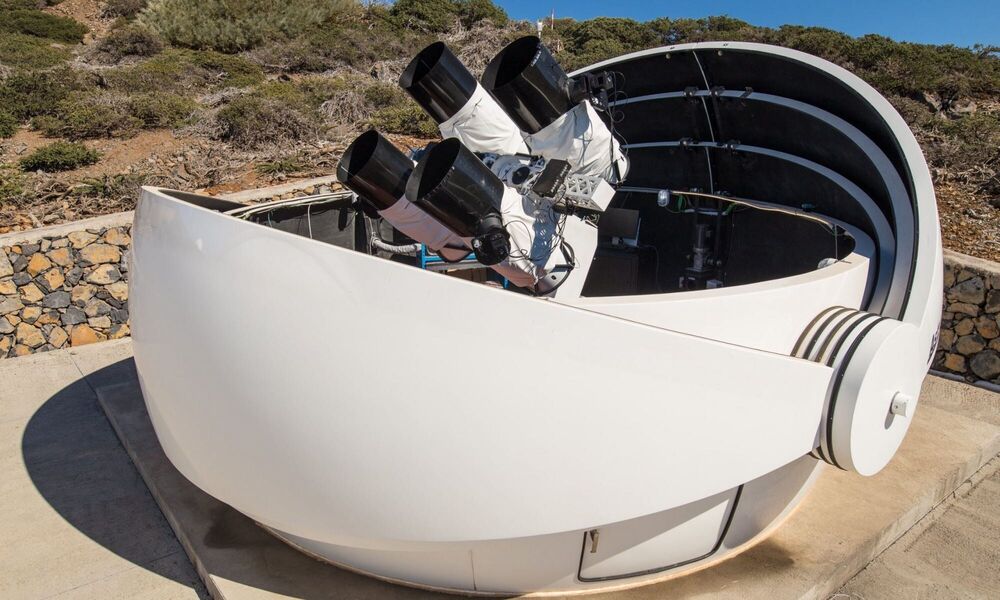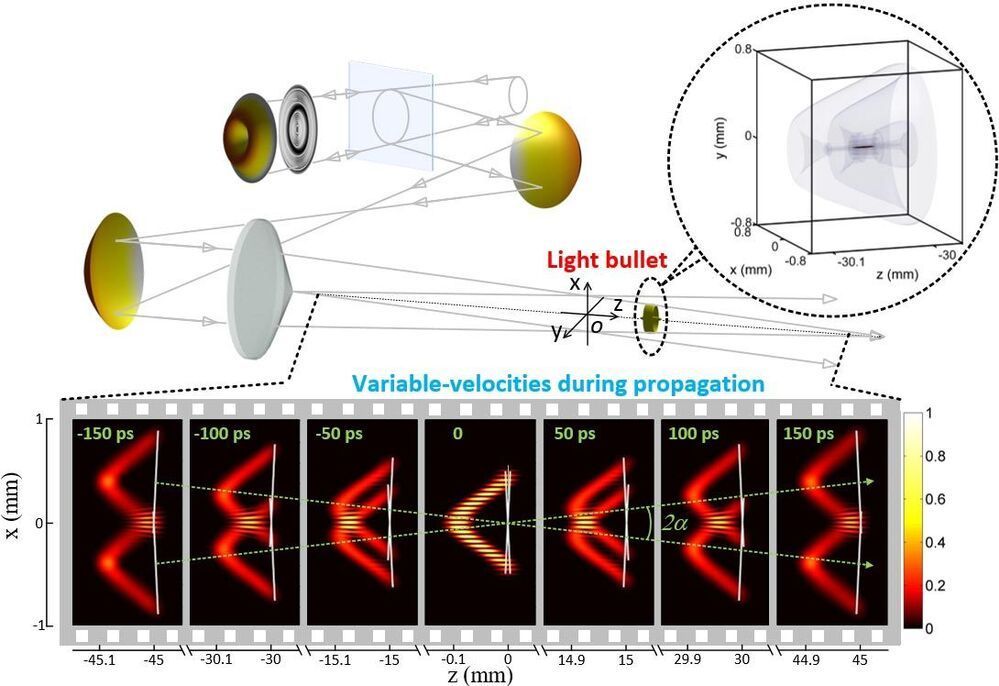In the not so distant future you could be making money from home by controlling robots, robots that are in another country. Or there will be products, such as a self driving Tesla car, that can go out and earn money on their own.
This video takes a look at the futuristic ways people will be earning money. From telepresence jobs and future business ideas, to new space businesses, and even how people will be storing their money — moving away from cash and credit cards to using chips that are in their bodies.
Elon Musk’s Book Recommendations + Others (Affiliate Links)
• The Hitchhikers Guide to the Galaxy: https://amzn.to/3kNFSyW
• Ignition: https://amzn.to/3i20BgN
• Benjamin Franklin: https://amzn.to/2G24eWX
• Structures: Or Why Things Don’t Fall Down https://amzn.to/36KGCRc.
• The Foundation: https://amzn.to/3i753dU
• Six Easy Pieces (Thinking Behind Physics): https://amzn.to/3mUvIP2
Video Links Mentioned in the Video.
• Elon Musk: The Scientist Behind the CEO
• Robots Cooking: The Restaurant of the Future.
https://youtu.be/zCaDJOGnkuo.
• Space Inc: The New Space Businesses and Tech.







